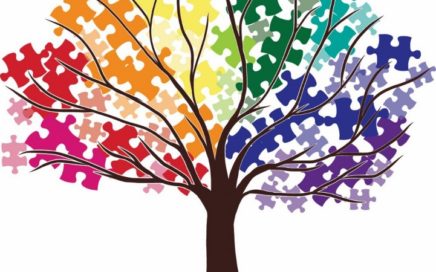
Overcoming Executive Function Challenges
Everyone has different executive function (EF) abilities, along with unique strengths and challenges. This article, published in the May 2022 issue of AUTISM ADVOCATE Parenting Magazine, gives families some background on executive function and outlines four steps support your child as he or she builds EF skills. Download and read the full article as a […]





